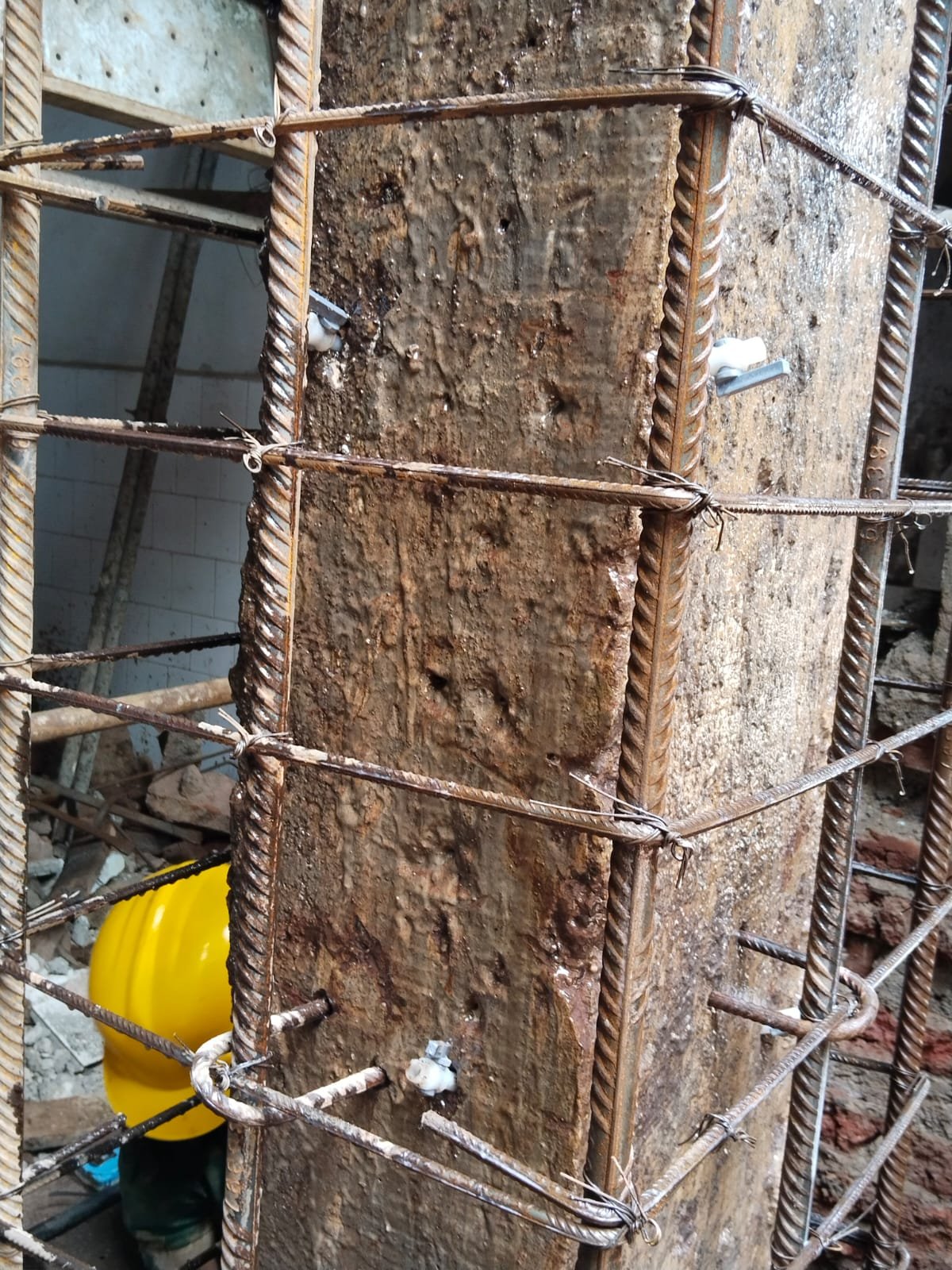Epoxy bonding agents have become a go-to solution in the construction industry due to their remarkable qualities. They offer a wide range of benefits, making them essential for improving the durability, efficiency, and overall performance of construction projects. This article delves into the top 10 advantages of using epoxy bonding agents in construction, especially in the context of infrastructure projects in India.
Epoxy bonding agents have gained significant popularity in construction due to their versatile applications. They are used for a variety of purposes, including bonding materials, reinforcing structures, and ensuring longevity. Let’s explore why they are considered an essential material in the modern construction landscape.
Superior Bond Strength
Epoxy bonding compounds’ exceptional bond strength is one of the main factors contributing to their widespread use in construction. These substances ensure that materials remain firmly bonded over time by creating a powerful, long-lasting connection between surfaces. Because of their robustness, they are perfect for uses like concrete repairs, tile installation, and structural reinforcements where stability and dependability are essential.
The extraordinary binding strength of epoxy bonding chemicals guarantees that roads, buildings, and other infrastructures stay intact despite severe weather conditions in places like India.
Resistance to Environmental Conditions
Environmental elements including humidity, heat, cold, and wetness are all very difficult for epoxy bonding agents to withstand. In situations where other adhesives or bonding agents wouldn’t work, these chemicals work remarkably well. Epoxy bonding solutions offer dependable, long-lasting performance regardless of the location, whether it’s a place prone to extreme temperatures or a coastal region in India with heavy humidity.
The lifetime of the structure depends on this resistance, which is essential for preserving the integrity of building materials in outdoor settings or locations exposed to chemicals or contaminants.
Versatility in Applications
There are many different applications for epoxy bonding agents, which makes them extremely versatile. They are appropriate for a wide range of building projects since they can fuse materials like concrete, metal, plastic, wood, and ceramics. Epoxy bonding chemicals offer a dependable alternative for fixing fractures, strengthening walls, and securing tiles to concrete.
Particularly in India’s expanding infrastructure industry, this adaptability streamlines project management and eliminates the need to acquire several components, saving time and money in major construction projects.
Enhanced Durability
The durability of epoxy bonding agents is one of its most significant benefits. These agents create a connection that is permanent once they are administered. Epoxy bonding agents are made to withstand high levels of stress, impact, and vibration, in contrast to conventional adhesives that may deteriorate or wear out.
The longevity of epoxy bonding agents guarantees that repairs and bonds stay effective for years without requiring frequent maintenance in construction projects that require long-lasting results, such as high-rise buildings, bridges, and roads in India.
Chemical Resistance
Excellent resistance to a variety of substances, such as oils, acids, and solvents, is provided by epoxy bonding agents. Structures may be exposed to hazardous materials during infrastructure maintenance and industrial construction, which can weaken conventional bonding agents. Epoxy bonding agents’ chemical resilience guarantees that the bonds will hold up even in these harsh conditions.
Using epoxy bonding compounds guarantees the longevity of vital infrastructure in sectors where chemical exposure is frequent, such as chemical processing, oil refineries, or power plants in India.
Quick Curing Time
In building, time is of the essence, and epoxy-bonding compounds are excellent at it. Following application, these compounds cure rapidly, preventing needless delays in projects. Both new construction and emergency repairs, where speed is crucial to reduce downtime, benefit from the quick curing period.
Using fast-curing epoxy bonding chemicals helps minimize disruptions and guarantees timely project completion in India when it comes to road repairs, bridge construction, or high-traffic infrastructure projects.
Improved Structural Integrity
Epoxy bonding compounds greatly improve the overall structural integrity when used in construction. They work especially well for bonding materials that must carry large loads or for reinforcing already existing structures. Buildings, roads, and other infrastructure that must withstand continuous usage and wear require this improvement in structural integrity.
Making sure that every construction is robust and long-lasting is essential for long-term success in India, where urbanization is rapidly increasing and infrastructure demands are high.
Prevents Cracking and Shrinkage
The most widely used building material, concrete, is prone to shrinking and splitting as it dries. By creating a solid, flexible bond that can withstand slight material motions, epoxy bonding agents can avoid these problems. Since concrete tends to expand or contract in places with temperature variations, this is especially advantageous.
Epoxy bonding solutions reduce the likelihood of structural cracks and increase the overall stability of construction projects in parts of India that have different climates.
Reduced Surface Preparation
Epoxy bonding compounds are simple to use and frequently call for little surface preparation. Epoxy resins may easily stick to rough or mildly polluted surfaces, unlike other bonding agents that require thorough cleaning and priming before application. This speeds up project timeframes and lowers the amount of time and manpower needed for surface preparation.
This property of epoxy bonding compounds helps to expedite the process and save costs in India, where labor shortages and time restrictions are frequent problems in construction projects.
Cost-Effective Solution
Epoxy-bonding compounds may be more expensive initially, but they end up being a more economical option over time. Because of their strength, resilience to environmental factors, and durability, structures will need less upkeep and repairs. Over the course of the construction project, this leads to considerable cost savings.
The long-term advantages of epoxy bonding agents make them a wise investment for major infrastructure projects in India, where financial limitations are a constant worry.



